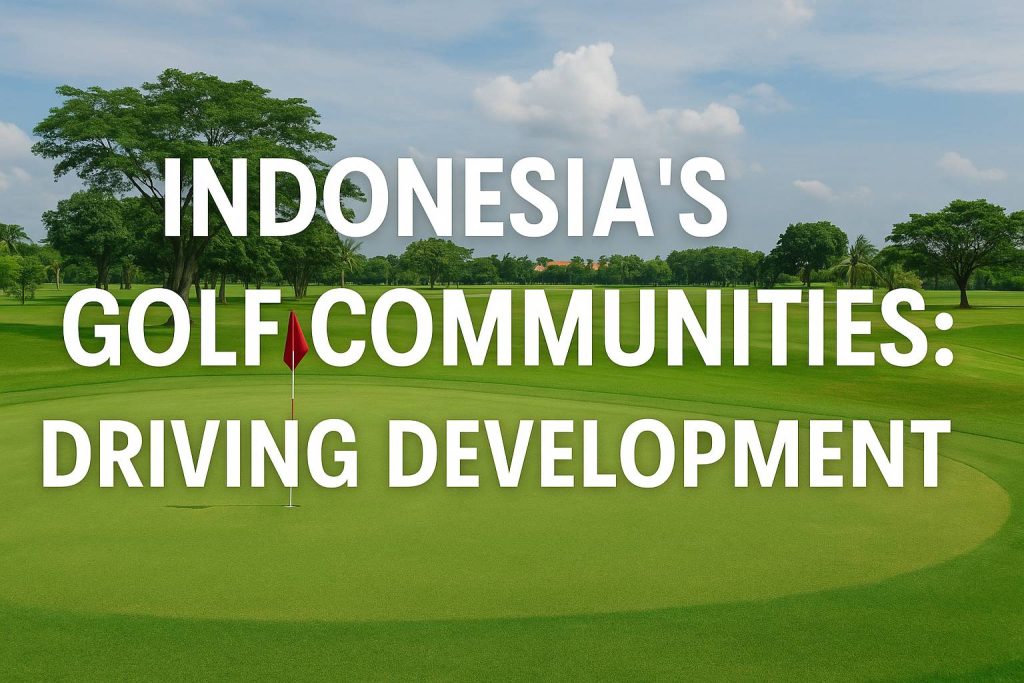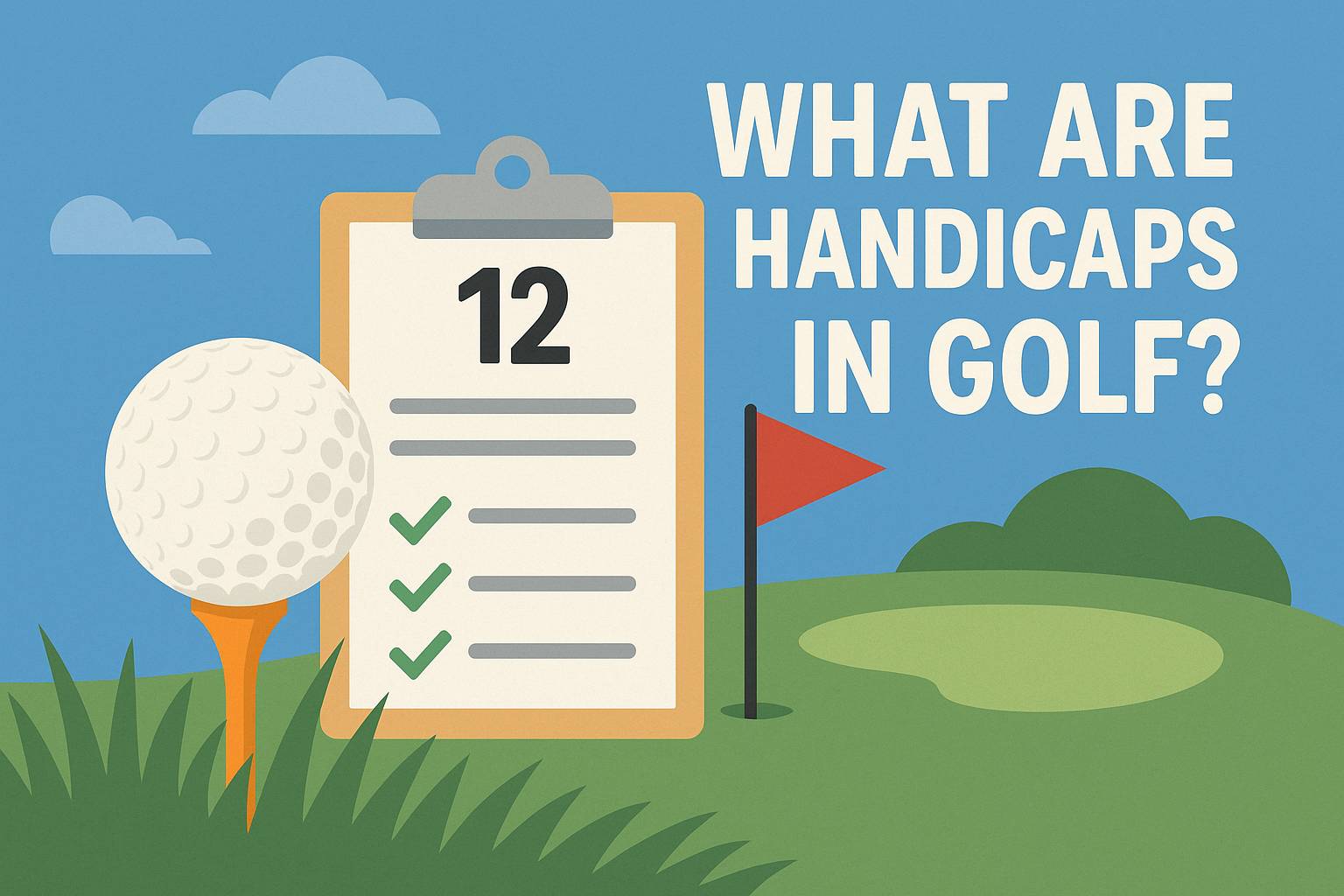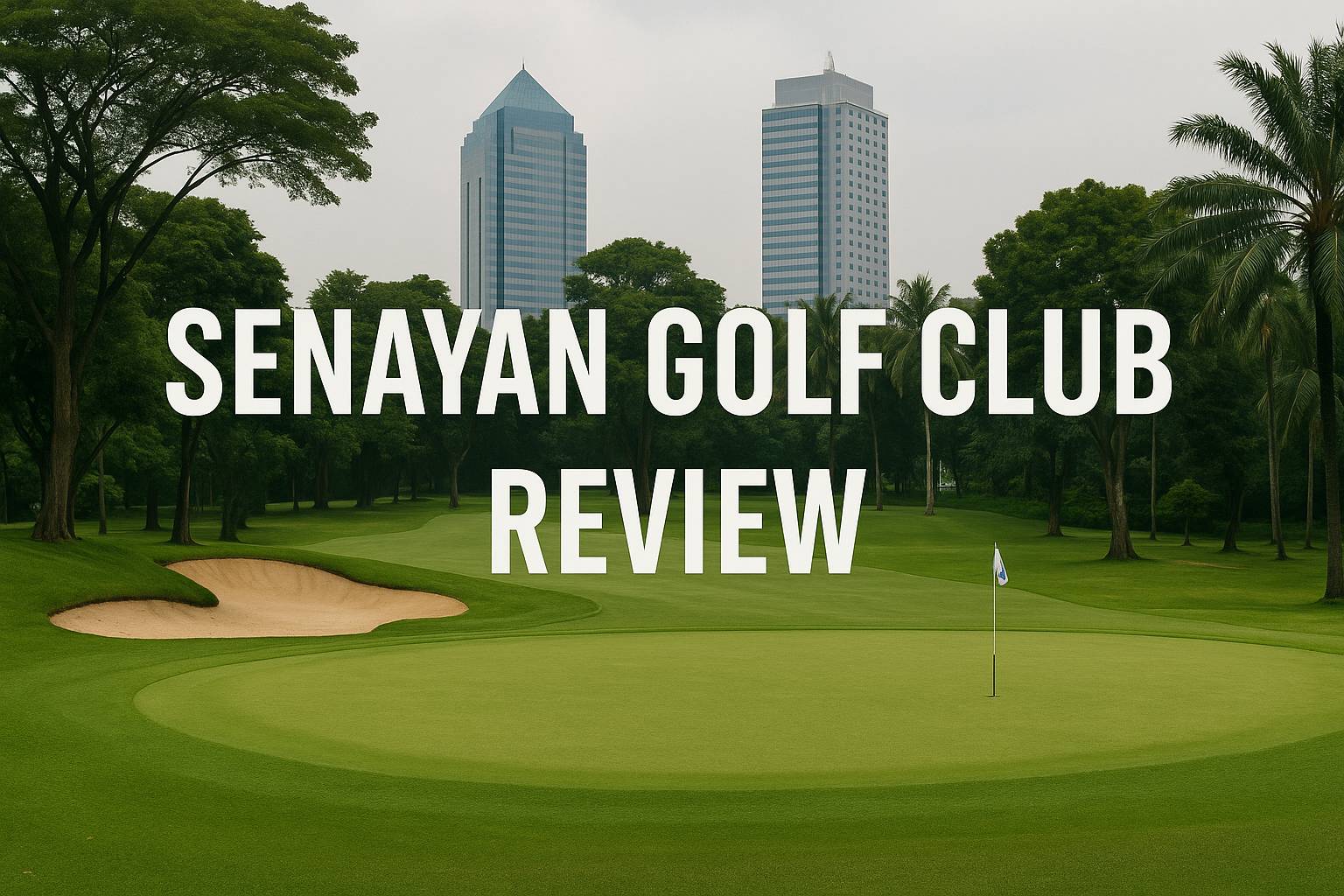Golf in Indonesia may not yet rival football or badminton in terms of public spotlight, but in recent decades, the sport has experienced notable growth. This is especially evident with the increasing number of golf courses spread across the archipelago. Today, more than a hundred golf courses operate throughout the country, serving as a clear testament to the rising public interest in the game. This growth is not solely due to the expansion of infrastructure, but also the increasing number of middle and upper-class Indonesians with the financial access to enjoy golf—a sport long associated with prestige and affluence.
Within this context, golf communities in Indonesia play a critical role, as emphasized by GoGolf. While golf is often categorized as an individual sport, it is arguably more enjoyable when played with peers—whether in pairs or small groups of three to four players. This social interaction on the course has led to the organic formation of golf communities across the country. These communities now serve as important catalysts in advancing the broader development of golf in Indonesia.
The Dynamics of Indonesia’s Golf Communities: From Leisure Clubs to Development Hubs

Golf communities in Indonesia are typically born out of two main motivations. The first is the desire to strengthen camaraderie among golf enthusiasts—not only for the love of the sport but also to expand social and business networks. The second stems from a drive to help members improve their golfing skills and technical capabilities.
Broadly speaking, Indonesia’s golf communities can be grouped into two categories. The first are recreational communities—informal groups of golfers who play as a way to unwind from work and strengthen personal relationships. Their activities often include group rounds, social gatherings, charity events, and celebrating members’ birthdays.
The second category includes communities more focused on player development, including support for junior athletes. While these groups may not be formally registered with the Indonesian Golf Association (PGI), many conduct structured internal programs, such as regular training sessions, competition simulations, and even talent development platforms for young golfers. In some cases, these communities collaborate with professional golf academies to elevate their members’ gameplay.
This underscores an important point: despite being viewed by some as hobbyist circles, these communities are in fact vital components of Indonesia’s golfing ecosystem. They act as grassroots agents, spreading the joy and spirit of golf to wider audiences.
Make golf booking effortless. Install GoGolf App now!
Golf Communities vs. Official Golf Clubs: Understanding the Distinction
To fully comprehend the structure of Indonesia’s golf ecosystem, it’s important to differentiate between informal golf communities and official golf clubs. Though both contribute positively to national golf development, they differ significantly in function, purpose, and governance.
Golf Communities
Golf communities are usually formed informally by individuals sharing a common interest. These groups typically do not have legal standing, are not registered with PGI, and have no administrative obligations like formal clubs. Their events are casual—ranging from fun games and family outings to informal tournaments and charity golf days.
Interestingly, golf communities often create uniquely engaging events that attract new players. These low-pressure gatherings allow potential golfers to experience the sport without the intimidation of formal competition, making it easier for newcomers to fall in love with the game.
Official Golf Clubs
In contrast, official golf clubs are formal legal entities registered under PGI. They have organizational statutes, legal founding documents, and membership dues. These clubs hold greater responsibilities, including athlete development, organizing sanctioned tournaments, and maintaining adherence to PGI’s competitive calendar.
Events hosted by official clubs are typically more competitive and professionally managed, with larger prize pools and international participants. These clubs are the backbone of Indonesia’s golf competitive infrastructure and are instrumental in developing the next generation of elite golfers.
Complementary Synergy Between Clubs and Communities
Despite their differences, golf communities and official clubs actually complement one another. Communities play a crucial role in growing the sport’s popularity, reaching untapped demographics, and creating an enjoyable, relaxed environment for people to try golf. Meanwhile, clubs uphold rigorous standards for athlete development and formal competition.
Together, these two entities contribute significantly to Indonesia’s golf landscape, ensuring both grassroots participation and high-level performance continue to grow in parallel.

Direct and Indirect Impacts of Golf Communities on National Golf Growth
The influence of golf communities extends beyond just social interaction. Their contribution to the broader golf ecosystem in Indonesia is multifaceted, offering both tangible and intangible benefits.
A Platform for Education and Information Exchange
Being part of a golf community gives members access to real-time information and insights about the sport. From local and international tournament schedules to course reviews, equipment updates, green fee discounts, and training tips—these communities act as living knowledge hubs, far more dynamic than learning through books or outdated online content.
Supporting Junior Golf Development
Interestingly, many golf communities actively support junior player development. They regularly organize coaching clinics, junior fun games, and assist in sponsoring young athletes to compete in regional tournaments. With a nurturing, family-style approach, these communities provide young talents with the opportunity to grow in a positive, low-pressure environment.
Expanding Social and Business Networks
For many professionals and entrepreneurs, golf doubles as a networking tool. Within a community setting, cross-sectoral interactions naturally occur. On the green, social status fades, paving the way for business discussions, project collaborations, and new friendships sparked over a shared love for the game.
Stimulating the Golf Industry
Regular practice sessions and internal tournaments hosted by communities directly support the local golf economy. Golf courses remain active, driving ranges generate steady revenue, golf shops receive loyal patronage, and instructors and caddies benefit from more consistent income. All of this creates a self-sustaining ecosystem that bolsters the industry as a whole.

Notable Golf Communities in Indonesia
Indonesia is home to hundreds of golf communities—some affiliated with universities, government agencies, alumni associations, corporate entities, and others fully independent. The following are examples that reflect the diversity and influence of these groups:
Association and Forum-Based Communities
- Indonesian Golf Association (PGI) – As the governing body of amateur golf in Indonesia and a member of the Asia Pacific Golf Confederation, PGI operates more formally but is still central to national golf development.
- Forum Klab Golf Indonesia (FKGI) – A cross-community platform for sharing information, tournament schedules, and updates on regulations.
Communities Formed by Member Background
- Indonesia Golf Community (IGC) – Frequently organizes tournaments, fun matches, and charity golf events. Its members come from various professions, united by a shared passion for the sport.
- Pergola-UI – A golf community of University of Indonesia alumni, blending sports, networking, and social contribution.
- Golftrovert – Designed specifically for introverted players or beginners who want to learn the game in a non-intimidating environment.
Communities Focused on Specific Activities
- Newbee Golf – Created for beginners looking to learn golf fundamentals together.
- Other groups frequently host internal tournaments to foster competitive skills and mental strength.
- Some communities prioritize networking, using golf as a gateway for inter-industry collaboration.
Golf Communities as Pillars of Indonesia’s Golf Growth
As outlined throughout this article, golf communities in Indonesia have a significant role in nurturing the sport’s development. From educating new players and nurturing junior athletes to building inter-professional networks and revitalizing golf industry stakeholders—their impact is both wide-ranging and profound.
Though often perceived as casual hobbyist groups, the reality is that these communities actively sustain course attendance, fuel industry growth, and pave the way for future champions. Their initiatives help ensure that golf courses stay vibrant, instructors stay engaged, and young talents continue to emerge.
With more golf communities being formed across the nation, Indonesia’s golf foundation grows stronger. Golf is evolving—not just as an elite sport, but as a healthy lifestyle and social catalyst. Ultimately, golf is not just about making birdies; it’s about forging bonds and strengthening the social fabric of Indonesian society.
[ Follow our social media Account: GoGolf Instagram | GoGolf Facebook | GoGolf X ]










